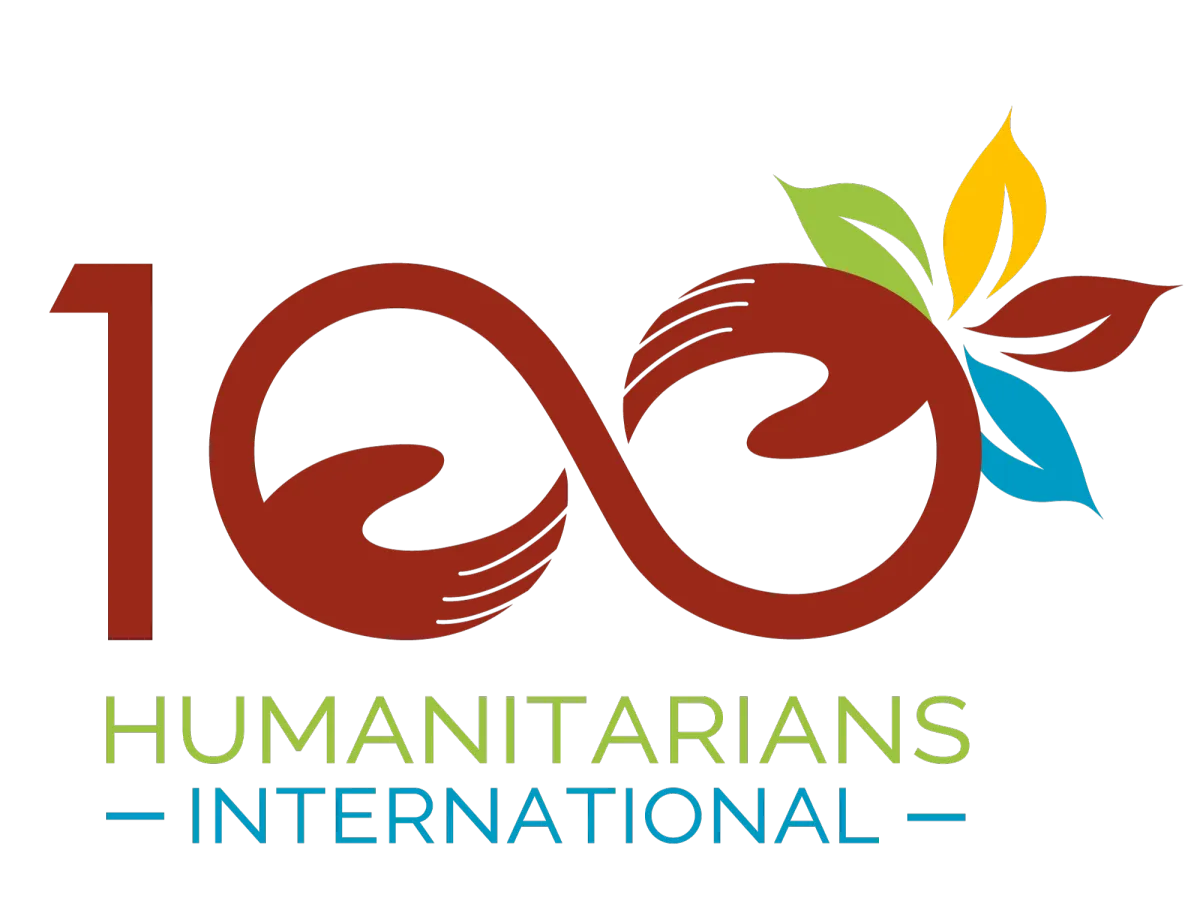Role of Elders in Maasai Society
Role of Elders in Maasai Society: How Elders Influence Decisions and Maintain Traditions
The Maasai, a semi-nomadic ethnic group in Kenya and Tanzania, are known for their rich cultural heritage and strong community bonds. At the heart of this society are the elders, who play a pivotal role in guiding decisions and preserving traditions. The influence of elders in Maasai society extends beyond governance; they are the custodians of cultural knowledge, moral values, and social cohesion. This blog post explores the role of elders in Maasai society, focusing on their decision-making authority, their role in maintaining traditions, and their impact on community cohesion.
Decision-Making Authority
In Maasai society, elders hold significant authority in decision-making processes, shaping the community's political, social, and economic landscape. Their wisdom, experience, and deep understanding of Maasai culture and values grant them the respect and trust needed to make crucial decisions.
Elders are responsible for resolving conflicts and maintaining harmony within the community. They act as mediators in disputes, whether between individuals, families, or clans. Through their mediation, they apply traditional laws and customs, ensuring that justice is served while preserving social relationships. The decision-making process typically involves consultations and discussions, where elders listen to all parties involved before reaching a consensus. This collective approach reflects the Maasai's emphasis on communal well-being and social harmony.
The council of elders, known as "ilpayiani," is the primary governing body in Maasai society. This council makes important decisions on matters such as land use, resource management, and community projects. For instance, decisions about grazing patterns, water access, and seasonal migrations are made by the elders, ensuring sustainable use of resources and the community's survival. Elders also play a key role in negotiating with external parties, such as government authorities and conservation organizations, representing the interests of the Maasai people.
Preserving Traditions and Cultural Knowledge
Elders are the guardians of Maasai traditions and cultural knowledge, responsible for passing down these practices and beliefs to younger generations. Their role in preserving traditions is crucial for maintaining the Maasai's unique cultural identity and ensuring the continuity of their way of life.
One of the primary ways elders preserve traditions is through storytelling. Elders share oral histories, myths, legends, and proverbs that encapsulate the Maasai's values, beliefs, and historical experiences. These stories are not only a form of entertainment but also a means of educating the youth about their heritage and guiding them in their moral development. Through storytelling, elders instill important virtues such as bravery, honesty, and respect for others.
Elders also oversee rites of passage and other cultural ceremonies, ensuring that these events are conducted according to traditional customs. They lead ceremonies such as the Eunoto (transition to warriorhood) and Ekipolon (transition to womanhood), guiding participants through the rituals and explaining their significance. By doing so, elders reinforce the cultural norms and social structures that define Maasai society.
In addition to storytelling and ceremonies, elders impart practical knowledge and skills necessary for survival in the Maasai's pastoral lifestyle. They teach younger generations about animal husbandry, herbal medicine, and environmental stewardship, ensuring that these essential practices are preserved. The transmission of this knowledge is vital for the community's resilience and adaptability in the face of changing environmental and socio-economic conditions.
Impact on Community Cohesion
Elders play a vital role in fostering community cohesion and unity in Maasai society. Their guidance and leadership help maintain social order, build strong relationships, and create a sense of belonging among community members.
One of the ways elders promote community cohesion is through their role in conflict resolution. By mediating disputes and fostering dialogue, elders help prevent conflicts from escalating and ensure that resolutions are fair and just. Their ability to balance the interests of different parties and maintain social harmony strengthens the community's cohesion and stability.
Elders also organize and lead communal activities, such as festivals, ceremonies, and collective work projects. These events provide opportunities for community members to come together, celebrate their culture, and collaborate on common goals. The participation of elders in these activities reinforces their leadership role and encourages collective action, strengthening the bonds within the community.
Furthermore, elders serve as role models for younger generations, embodying the values and principles that define Maasai society. Their conduct, wisdom, and dedication to the community inspire respect and emulation. By upholding these values, elders help create a cohesive and morally grounded community where individuals are motivated to contribute positively and support one another.
Conclusion
Elders hold a central and revered position in Maasai society, influencing decisions, preserving traditions, and fostering community cohesion. Their decision-making authority ensures that the Maasai navigate the complexities of their environment and external interactions with wisdom and foresight. Through storytelling, ceremonial leadership, and practical teachings, elders preserve the cultural knowledge and practices that define Maasai identity. Their role in conflict resolution, communal activities, and as role models fosters a strong sense of unity and belonging within the community.
As the Maasai face the challenges of modernity and environmental change, the role of elders remains crucial in maintaining the cultural integrity and social fabric of their society. By respecting and supporting their elders, the Maasai continue to honor their heritage and ensure the continuity of their traditions for future generations.
Get Involved with 100 Humanitarians
Each week, we send project updates to your inbox, so that you know exactly where your donations go.
We also keep you updated on volunteer opportunities and expeditions to Kenya.

We will not sell your information to anyone, and you can opt-out at any time.

100 Humanitarians International is a 501(c)(3) nonprofit recognized by the IRS, and all donations to 100 Humanitarians International are tax-deductible in accordance with IRS regulations. EIN #82-1048388
South Jordan, Utah
801-432-0105
